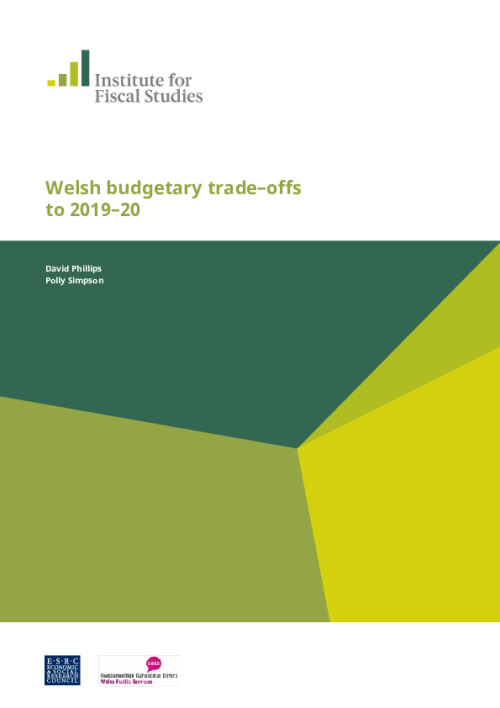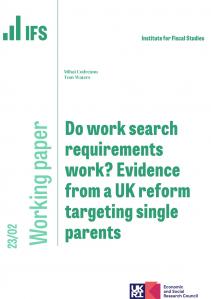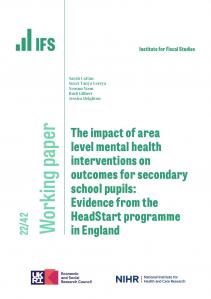This report is the first in a series of two reports, undertaken as part of the independent Wales Public Services 2025 Programme based at Cardiff Business School, looking at the challenges facing Welsh Government and Welsh councils when setting their budgets in the context of continued spending constraint and rising demand.
The UK government is part–way through significant cuts in spending on public services as it attempts to deal with the large hole in the UK’s public finances. As part of this, grants from the UK Treasury to the Welsh Government have been reduced in real terms each year since 2009–10, and the spending plans set out by the Treasury have confirmed further cuts in each year to 2019–20. Indeed, if, as seems likely, the UK’s exit from the European Union (EU) leads to an economic slowdown or recession, further spending cuts or tax rises in the first years of the next decade would be required if the UK government continued to want to balance its budget. Wales is therefore looking at an extraordinary ten or more years of retrenchment in public service spending, in stark contrast to the first ten years of devolution, when the Welsh Government enjoyed substantial year–on–year real–terms spending increases.
This report is the first in a series of two reports, undertaken as part of the independent Wales Public Services 2025 Programme based at Cardiff Business School, looking at the challenges facing Welsh Government and Welsh councils when setting their budgets in the context of continued spending constraint and rising demand. This paper focuses on the medium term outlook to 2019–20, looking at the trade–offs facing the various tiers of government in Wales at they set their tax and spending policies. It also précis the UK economic and fiscal situation – information on which is likely to evolve rapidly in the coming months as the fallout from Brexit continues. A second study, in 2017, will update this report in the light of the updated economic forecasts and fiscal plans announced in the upcoming Autumn Statement, and will extend it to consider years beyond 2020.










